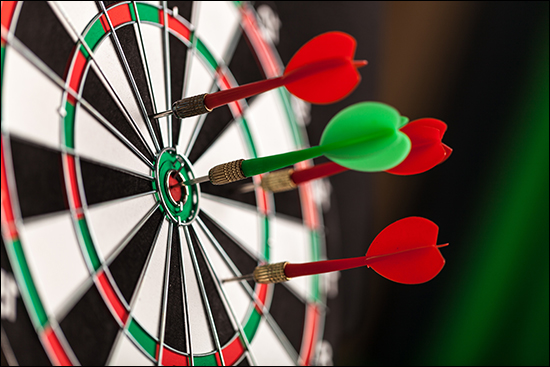
Sometimes, determining the market value of a home is quite straightforward, such as in this recent example....
- Buyer A paid $250K for a 3 BR, 2 BA, 1800 SF, circa 2000 home
- Buyer B paid $255K for a 3 BR, 2 BA, 1850 SF, circa 2001 home
- Buyer C paid $245K for a 3 BR, 2 BA, 1750 SF, circa 1998 home
When you then are considering the value of a 3 BR, 2 BA, 1800 SF, circa 2000 home -- it would seem reasonable to think that you'd likely pay between $245K and $255K. Multiple comparable sales point very specifically to that value based on a high degree of similarity between the comparable sales and the subject property.
Sometimes, however, it's not as straightforward.
Conjecture - an opinion or conclusion formed on the basis of incomplete information.
Sometimes, we're going to identify a few sales of homes that are not so similar to your home, but which we understand a buyer would see as inferior to your home.
And then we might point to a few other sales of homes that are, again, no so similar to your home, but which we understand a buyer would see as being superior to your home.
At the end of the day, pricing a home is a conversation, based on data, to come to our best, clearest and most complete understanding (guess) as to what a buyer is going to be willing to pay for your home.
Sometimes this conversation is a reassuringly precise exercise -- sometimes, not so much.
